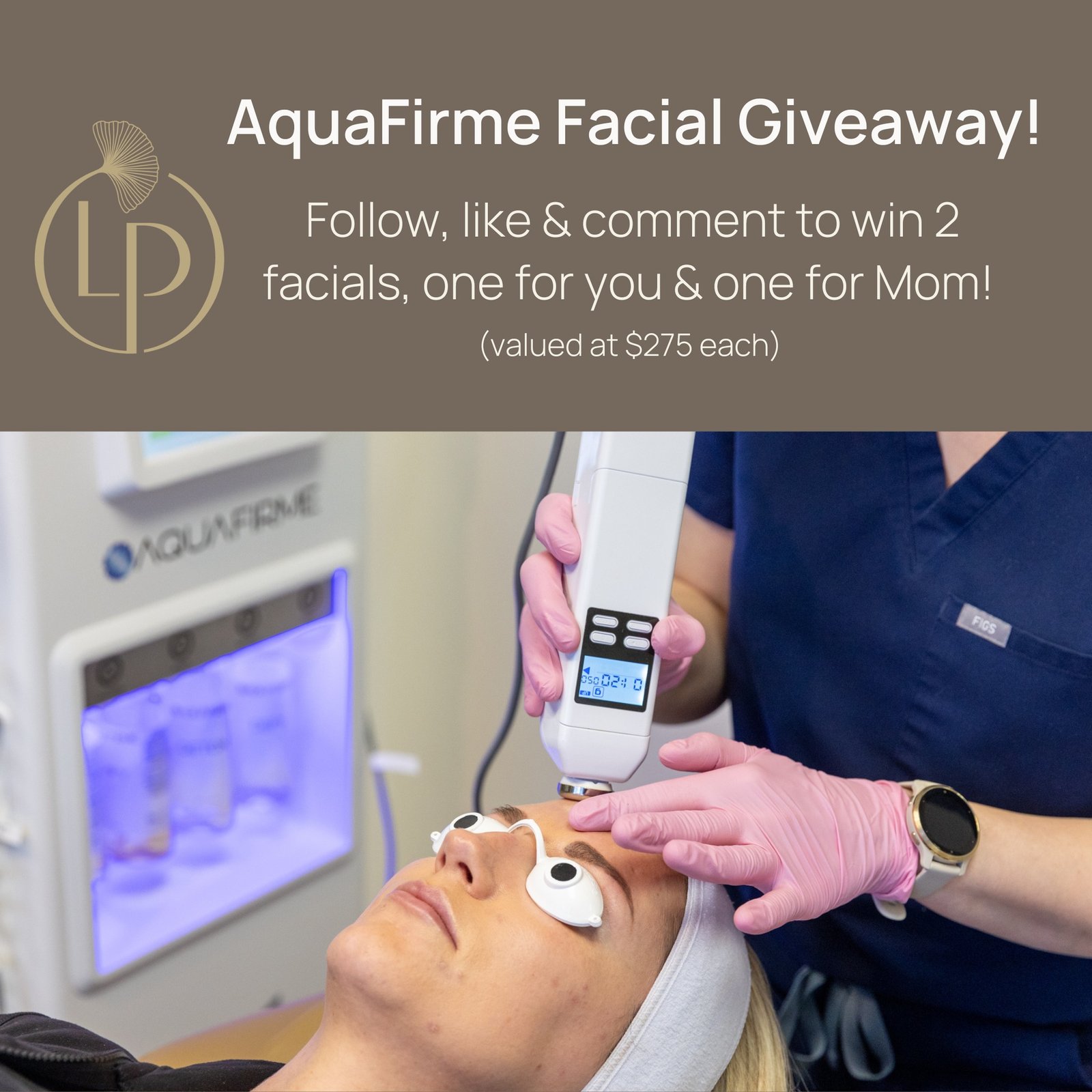The Impact of Wearable Devices on Patient Monitoring
In the modern healthcare landscape, wearable devices have emerged as indispensable tools for patient monitoring. These devices, equipped with advanced sensors and data tracking capabilities, have revolutionized how healthcare professionals assess and manage patient health. From real-time tracking of vital signs to continuous monitoring of specific health parameters, wearables have facilitated remote patient monitoring, enabling healthcare providers to deliver timely and proactive interventions. This transformative shift has not only improved the efficiency of healthcare delivery but has also empowered patients to participate in their well-being actively.
How Wearables Are Transforming Remote Patient Monitoring
The integration of wearable technology in remote patient monitoring has bridged the gap between healthcare providers and patients, enabling continuous observation and evaluation of health metrics outside traditional clinical settings. Through seamless data transmission, healthcare professionals can remotely monitor patients’ vital signs, activity levels, and other essential health indicators. It enhances the accuracy of diagnosis and treatment and allows for timely interventions, reducing the risk of complications and hospital readmissions.
Advancements in Wearable Tech for Personalized Healthcare
With the rapid advancements in wearable technology, the healthcare industry has witnessed a paradigm shift toward personalized healthcare solutions. These technological innovations have enabled the customization of healthcare interventions based on an individual’s specific health needs and requirements. From personalized medication reminders to tailored exercise regimens, wearable devices have empowered individuals to actively manage their health by providing real-time insights and personalized recommendations. This customized approach fosters patient engagement and promotes proactive health management and preventive care.
Wearable Technology and Disease Prevention
The integration of wearable technology in disease prevention has significantly transformed the healthcare landscape, shifting the focus from reactive treatment to proactive wellness. By leveraging wearable devices for the early detection of health risks and potential disease onset, healthcare professionals can implement targeted preventive measures, thereby reducing the prevalence and impact of various health conditions. These devices enable continuous monitoring of physiological parameters, facilitating the identification of deviations from standard health patterns and prompting timely interventions, ultimately leading to improved health outcomes and a higher quality of life.
Utilizing Wearables for Early Detection of Health Risks
Wearable devices play a pivotal role in the early detection of health risks, allowing for timely interventions and proactive management. By continuously monitoring vital signs, biometric data, and health-related behaviors, wearables can identify deviations or abnormalities that may indicate the early stages of potential health issues. This early detection facilitates timely medical interventions and empowers individuals to make informed lifestyle modifications and health-related decisions to mitigate the risks and prevent the progression of certain health conditions.
The Future of Wearable Devices in Preventive Healthcare
Wearable devices are poised to play an increasingly critical role in preventive healthcare strategies. As technological advancements continue to enhance the capabilities of these devices, their potential to contribute to early disease detection, personalized wellness plans, and proactive health management is expected to expand further. With the integration of artificial intelligence and predictive analytics, wearables are anticipated to provide more accurate health insights, enabling individuals and healthcare providers to adopt a more proactive approach to preventive healthcare. This shift toward preventive strategies promises to reduce healthcare costs, improve overall well-being, and foster a healthier population.
Sum up
Wearable technology has revolutionized healthcare by transforming patient monitoring and enabling personalized healthcare solutions. From facilitating remote patient monitoring to empowering early disease detection and preventive interventions, wearables are reshaping the future of healthcare, promoting proactive health management and improved wellness outcomes.











